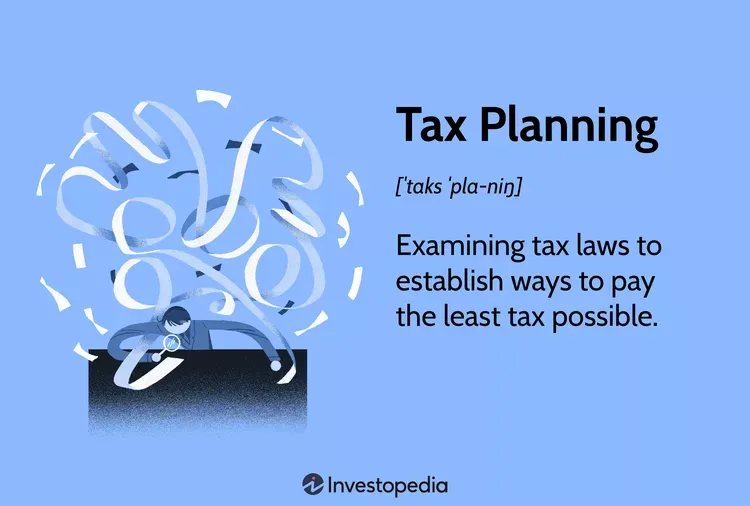
Tax planning is a crucial aspect of financial management that ensures individuals and businesses optimize their tax liabilities while remaining compliant with regulations. By proactively managing taxes, individuals and businesses can retain more of their earnings, improve cash flow, and support long-term financial growth. Effective tax planning not only minimizes financial burdens but also enhances overall financial stability and strategic decision-making.
One of the most significant benefits of tax planning is the ability to legally reduce tax liabilities. By understanding tax laws and utilizing available deductions and credits, individuals and businesses can lower their tax obligations and allocate those savings toward other financial goals. These savings can be reinvested into business operations, retirement funds, or personal investments, leading to greater financial security and growth.
Proper tax planning contributes to better cash flow management. When businesses and individuals anticipate their tax obligations and plan accordingly, they can avoid unexpected tax burdens and ensure they have sufficient funds available when payments are due. This prevents financial strain and allows for more effective budgeting and investment decisions.
Failure to plan for taxes can result in financial penalties, interest charges, or even legal consequences. By engaging in tax planning, businesses and individuals can ensure compliance with tax regulations, file returns on time, and take advantage of tax-efficient opportunities. This proactive approach minimizes the risk of audits or penalties that could otherwise negatively impact financial health.
For businesses, tax planning plays a vital role in facilitating expansion and long-term success. By optimizing tax strategies, businesses can free up capital to invest in innovation, hiring, infrastructure, and other growth initiatives. Additionally, having a clear understanding of tax obligations helps business owners make informed decisions about investments, acquisitions, and resource allocation.
Tax planning is instrumental in securing a stable financial future. Effective tax strategies can maximize contributions to retirement accounts, reduce taxable income, and enhance long-term wealth accumulation. By managing tax liabilities efficiently, individuals can ensure a comfortable retirement and protect their assets for future generations.
Incorporating tax planning into financial management is essential for reducing tax liabilities, improving cash flow, and ensuring compliance with regulations. Whether for individuals or businesses, tax planning provides a strategic advantage that leads to financial stability and growth. Engaging with tax professionals or utilizing financial planning tools can further enhance tax efficiency, allowing for better financial decision-making and long-term success.
1. Houston, Texas, USA
2. Ho Chi Minh City, Vietnam
Hotline +84 912291129
Email: hamipartners@gmail.com